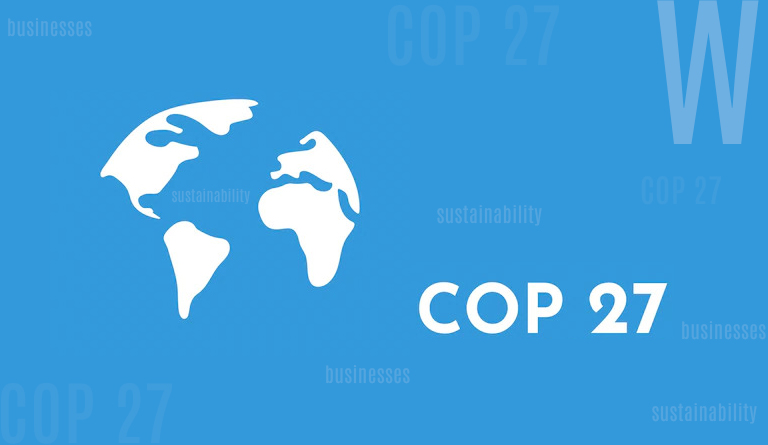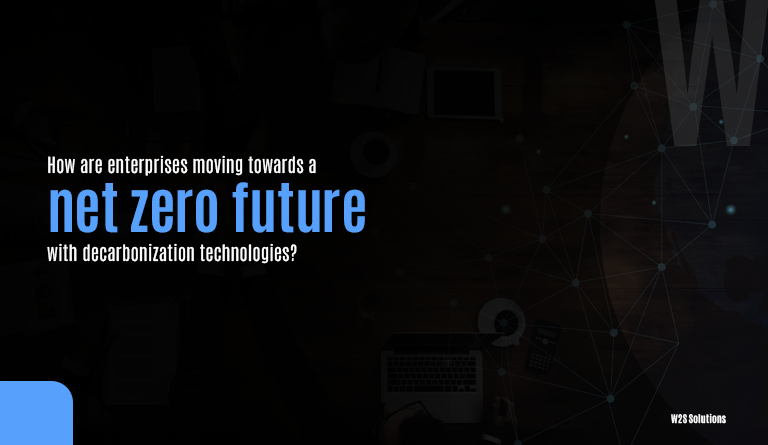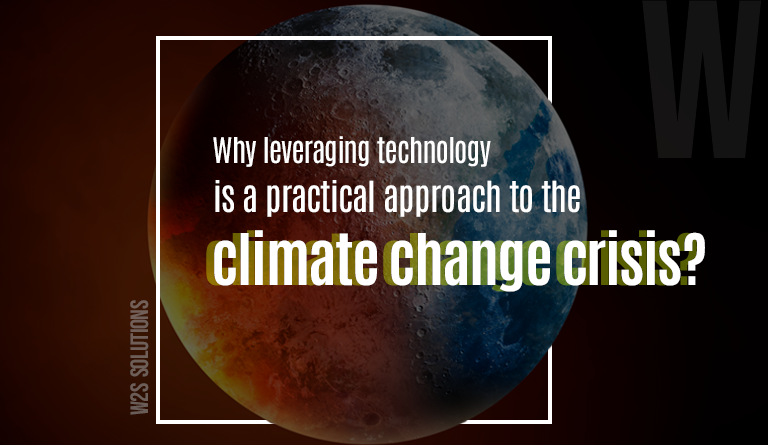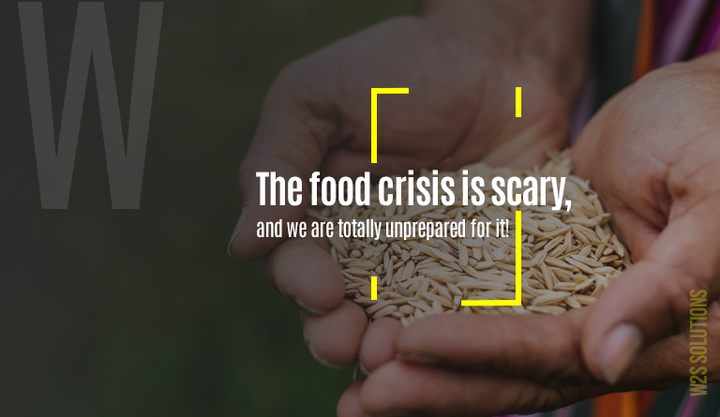TABLE OF CONTENT
The COP27 in Egypt was a wake-up call for governments and organizations across the world. The meeting that happened for a week had world leaders, technopreneurs, and innovators, among many others including scientists, climate activists, etc. While they discussed the various aspects of achieving sustainability and the action plan to make that transition towards a net-zero economy, “playing offense” is something that everyone in the COP 27 meeting agreed upon.
We need an immediate plan to achieve our rather “unrealistic” climate goals; given the current pace at which we are working towards it. While significant innovations have been popping up on the radar that facilitates the net-zero transition, we cannot afford to make green technologies affordable only to the creamiest layer of society, and let the majority of the world go through “energy poverty“. Energy is an opportunity, and leveraging it is how people scale.
A global report suggests that we are currently spending $5.7 trillion, cumulatively, towards making the net-zero transition. However, to achieve it at the pace we are now, we have to spend an additional $3.5 trillion to our current expenditure, across areas including innovations, infrastructure, and technology. What we have is the means to achieve it, and what we lack is the mindset and a plan to scale industries with green technologies.
So, how do we make reengineering feasible across industries? How do we minimize/neutralize the damages of disruption, since the adoption of these practices will be disruptive in nature? How can businesses identify opportunities in this new, emerging yet transitioning economy?
The big step: How can businesses position themselves to make a positive climate impact?

The major problem lies in catalyzing innovation. Climate change is happening fast, and organizations must act faster to beat the odds. Industries have to strike a balance between decarbonizing their existing operations and expanding the scope for the complete adoption of green infrastructure. Businesses should look at reengineering and innovation as their core operations, and have a solid plan for reengineering.
As COP 27 stresses, these efforts can be made even more streamlined when governments and the public work with private entities. Additionally, effective policies must be created to help bring quantifiable change to the climate landscape. New standards and benchmarks need to be set for industries to motivate them in aligning their operations toward this new reality.
The role of technology in climate action is enormous, and talking to the prestigious ICT magazine about helping companies to embrace the idea of sustainability and bringing positive climate impact, Madhu Kesavan-CEO of W2S Solutions identifies these 3 strategies to be more effective than others.
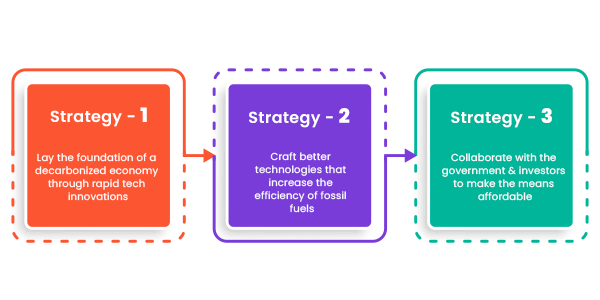
You can read the full article “Till energy equals opportunity” here.
Key takeaways of the COP 27
The COP27 was the second-longest UN climate summit to ever happen, even though some climate experts believe that the outcome should have been a little bit stronger. However, many believe that we have made significant progress towards positive climate change by addressing a core area- climate finance.
Here are the key takeaways of the COP 27,
- Creating a dedicated fund that helps the climate victims
- A pledge to identify innovations and new projects that helps the world transition to net-zero
- International financial institutions like the world bank and IMF will be reformed and aligned toward achieving our common climate goals
- A stronger monitoring system for governments to keep track of their efforts to reduce emissions
- A well-defined framework for how a carbon market will/should operate
- Understanding the importance of the “1.5C goal”, and how every country should be on the same page when it comes to this crucial climate goal
- The nexus of two of the biggest world powers-US and China, to combat climate change
- Many countries showed their support to cut methane emissions by 30% before 2030. This was a part of the previous Glasgow summit, and now 150 countries are on board to make curb the emissions of this deadly gas
- Directly empowering developing countries by providing them the financial support to help them foster innovations in the field of green technologies, and reduce their dependency on fossil fuels like coal.
Why should companies act now?

As a sustainability consulting company, we have been “extra” vigilant about how our solutions help our clients capture and deliver the values of sustainability in the long run. Climate finance has always been a major blocker in the conversation of adopting green technologies or aligning business operations toward a sustainable future. But the COP 27 has neutralized this problem by putting forward an action plan in the global arena regarding climate finance. And with the level of innovations happening in the tech landscape, we can be optimistic about a sustainable future, too. However, we must act now, to make that dream a reality.
Know how we have helped our global clients be more sustainable without compensating the business value.
Frequently Asked Questions
Get inspired!
Subscribe to our newsletter and get updates on how to navigate through disruption and make digital work for your business!
